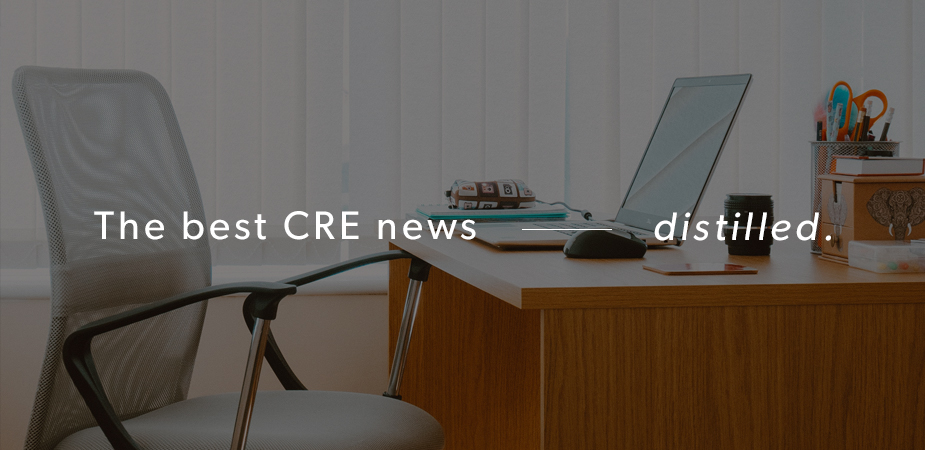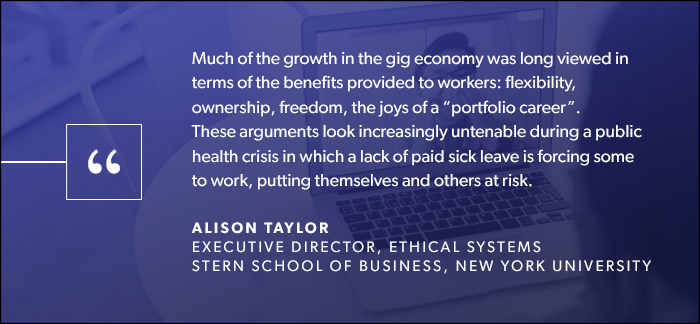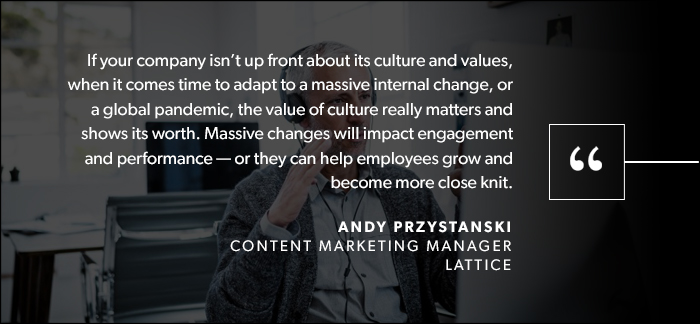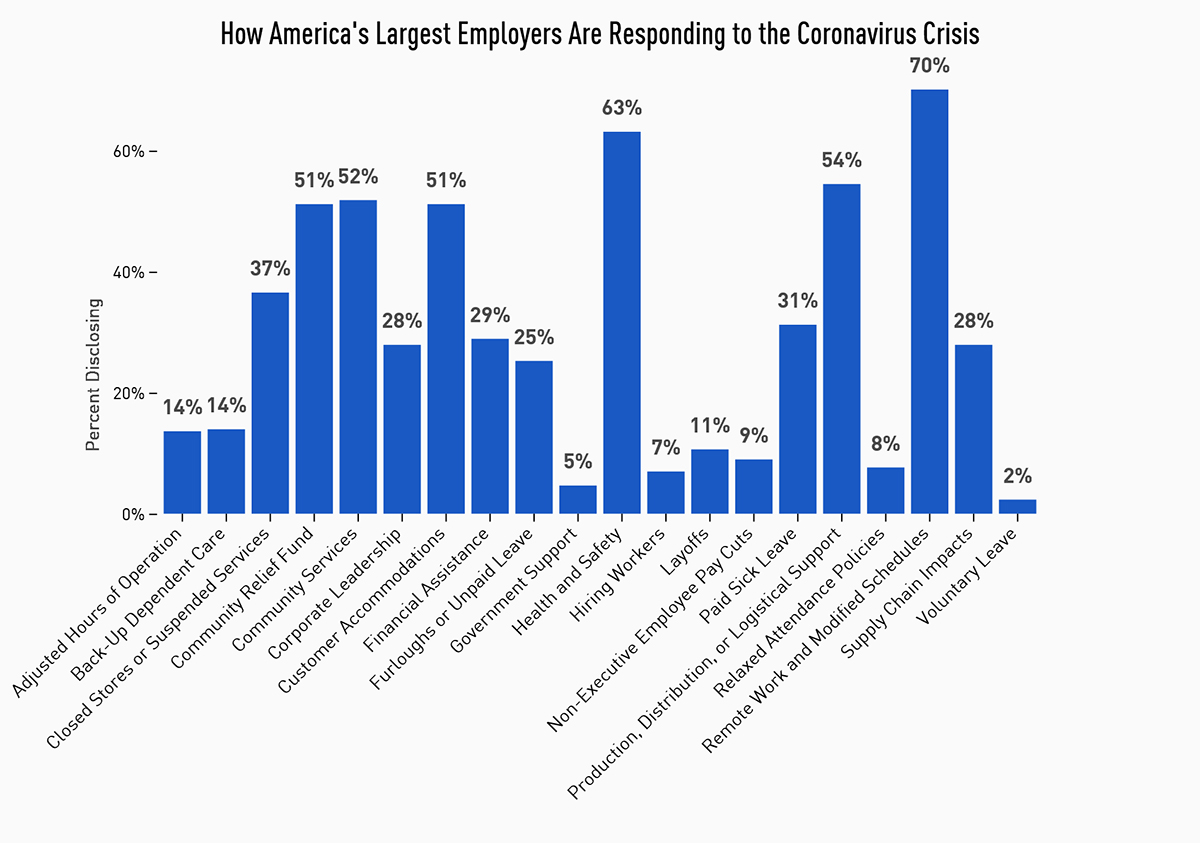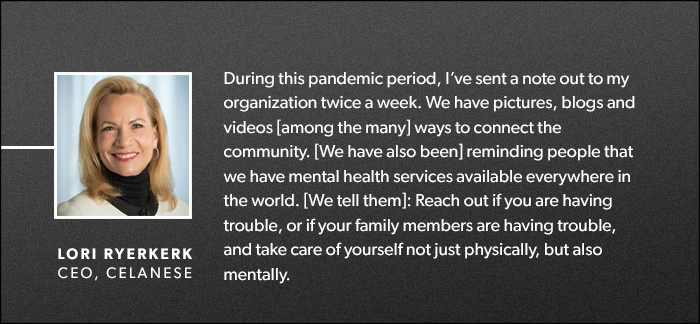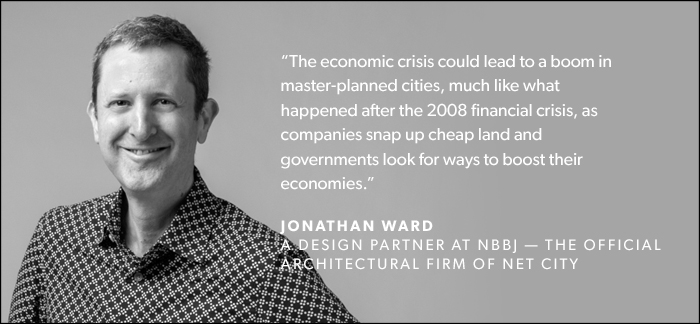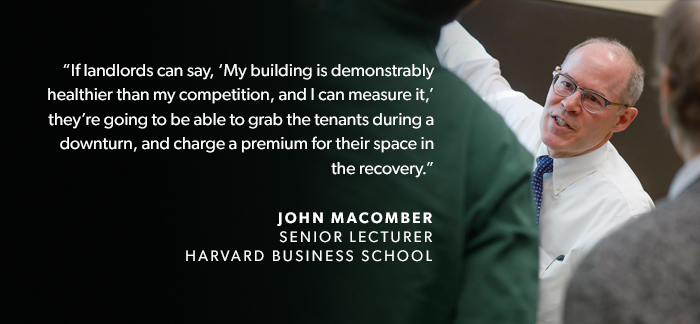We are all in search of answers that don’t quite exist yet. We’re juggling jobs and family, reading and research, wellness and productivity. We’re coworkers, psychologists, forecasters and medical experts, not to mention whatever our job titles say we are.
The Salve was created to be your partner. A collective of people under similar circumstances trying to fulfill similar roles, who are willing to share their findings to help shoulder the unreasonable workload of today.
Enjoying The Salve? Get the latest edition sent directly to your inbox!
As business leaders and business people, we find ourselves beginning to move forward without losing sight of our circumstances in a post-lockdown but pre-vaccine COVID world. We are slowly reentering our workplace on a limited basis, while fully accepting that social distancing and virtual socialization will be our norm for the foreseeable future.
That’s why we wanted to focus this issue on what many companies find to be their number one challenge (outside of economic stability of course), which is maintaining company culture and experience in this diffused office situation.
Executive director at NYU Stern School of Business, Alison Taylor, wrote last week that, “the global emergency has decisively punctuated a long-term transformation in how companies establish their values and identities, regard their interests, and interact with society.”
Taylor points out that companies that come out of this pandemic stronger than they entered will be those who acknowledge and adapt their mission to incorporate serious consideration to these elements, and she is not alone. As our friend Irlana Ho said in her “Pivot With A Purpose” webinar, “whenever you have conflict… you always come back to your purpose, and you should all start from there as a common ground.”
The following articles all contain helpful takeaways that dive deeper into this topic. Each piece highlights what businesses and organizations both big and small are doing to ensure that life during a pandemic does not eat away at the culture they worked so hard to create.
COVID-19 has ushered in the age of the ‘intangible company’
In a recent piece by the World Economic Forum (WEF), author Alison Taylor summarizes the importance of having strong company principles to help maintain a positive work culture during seismic change.
“In his book Sapiens, historian Yuval Noah Harari notes that, ‘We have grown so used to [corporations] that we forget they exist only in our imagination.’ As we sit at home, far from our offices and colleagues, we are reminded that if corporations cannot capture the imaginations of their workers, suppliers and customers, they cannot survive. The key leadership challenge of the 2020s will be to present a clear vision and moral narrative for organizations – one that recognizes our broad human interdependence and the threats that face our planet.”
This summarizes the overall message being shared among business leaders. There’s an agreement that company vision and values are key, and communication and transparency naturally follow.
Key Takeaways
- Be Deliberate & Transparent – efforts to define culture need to be far more deliberate, while transparent decision-making and clear norm-setting will become exponentially more important.
- Consider the Impact – it is vital to consider broader environmental and social systems, as today’s companies become more physically diffuse, work is less time-bound, information less constrained, status and power more contested, and cooperation more important.
- Employee/Employer Relationship – leadership’s ability to build trust and equity among employees through this pandemic and afterwards will be of heightened importance. Successful companies will need to make commitments to workers that are more tangible and more direct (see Just Capital’s Response Tracker below to see what type of commitments other companies in the US are offering their employees).
Team Culture During the COVID-19 Pandemic: New Data – Clutch
Washington, DC-based ratings and reviews platform Clutch, has provided new data on the impact COVID-19 has had on team culture, after surveying over 300 employees in April. The statistics the study provides are interesting, but even more so are the examples of what other companies are doing to keep a growing culture.
For example, they quote George Kuhn, the president of Drive Research, a market research firm, who has introduced two virtual events to his team:
- Social coffee hours usually take place in the morning. Teammates join a shared video call and have an open work session. Nobody is required to talk, but everyone can make casual, office-type conversation as they work. Kuhn says this is a low-pressure way to give employees the feeling of working with others. Plus, “coffee hours” accommodate for teammates who may not feel comfortable during late afternoon or evening happy hours with alcohol.
- Virtual games such as trivia, scavenger hunts, and card games provide an alternative to the standard small talk of happy hours and virtual meals. Recently, Kuhn’s company presented an Amazon gift card to the winner of a virtual scavenger hunt.
Professional development sessions were the number one virtual social event that helped according to the companies surveyed.
The COVID-19 Response Tracker by Just Capital
In response to the unprecedented social and economic unrest of the last few months, Just Capital created a COVID-19 Corporate Response Tracker focusing on what the 301 largest employers in the US are doing for their employees and communities.
In describing the “why” behind their efforts, Just Capital says that the pandemic and current social climate has created an “urgent, unprecedented opportunity for CEOs and corporate leaders to put purpose-driven leadership and stakeholder capitalism into practice.” This was their effort to take the temperature of what is actually happening on the ground.
We’re Tuning Into
Knowledge@Wharton recently sat down to interview Lori Ryerkerk, the chairman and CEO of chemical and specialty materials giant Celanese. Among other topics, Mrs. Ryerkerk is asked about how the current pandemic has reshaped how she approaches leadership, and not surprisingly communication is the center of the conversation. Hear the entire interview or read the transcript here.
We’re Taking Note Of
The Chinese internet-focused holding company, Tencent Holdings Ltd. is trying its hand at urban planning. The company plans to build a 21-million square foot real-estate development dubbed Net City, by 2022. The project will include corporate offices, a school, apartments, sports facilities, parks and retail space, according to the project’s architect.
There are many reasons this project should be of interest to people interested in the “future of work”.
- Tech Firms Turn CRE Tycoons
There is a rising trend of technology companies trying their hand at real-estate development. Tech companies had a strong influence in the office trends of the last twenty years. The early success of these pioneers will either help accelerate the trend or stop it dead in its tracks.
- Master-Planned Communities Are Trending
Master-planned communities and even entire cities are increasingly common in East Asia, and we will see if and when the trend comes to North America. The article notes that many of these developments are happening in countries with authoritarian governments, but that they are increasingly taking shape in democratic countries with the involvement of the private sector. Could the tech industry be that private sector influence?
- What Does A Sustainable City Look Like?
The idea behind the Net City project was to build a blueprint for a sustainable city of the future. Therefore, as more details are unveiled we are offered a glimpse into what potential city developments of the future will look like.
Here are the highlights so far:
-
- Few roads accessible by car to encourage residents to walk or use other modes of transportation
- The project’s waterfront is being designed to withstand storm surges and rising sea levels
- The buildings and properties are being conceived to maximize shade and minimize energy use
- Building heights will be lower than in other developments, in part because lower buildings require less material and energy to build
- Rooftops will have solar cells and grass
We’re Thinking About
The UK-based architectural firm, spacelab conducted a survey in April focused on people’s experience working from home. They posted the actual survey results on their website with some fun questions like, “where in your home do you work”.
They also posted a comprehensive overview of the results on their blog, with not only statistics and analysis, but also conceptual forecasts of the future of work.
People are, on the whole, very happy working from home. 47% are happier at home, and 34% are ‘about the same’. Only 19% people are not happier. Whilst the current circumstances are bringing multiple challenges, they’re also opening up new opportunities for people in how they lead their lives – and demanding us to rethink the future of how we live and work.
Overall, they agree with those who predict that we are moving into an age of choice for workers. The author in charge of transcribing the results, Rosie Haslem says, “the workplace will no longer be the default place to work…people will not choose to commute all the way into the office to simply work at a desk all day, but rather will go to the workplace on certain days.”
Most people [will go to the office] 2-3 days per week – which would result in an average of 46% people working out of the office at any one point in time.
Being that they’re an architectural firm, it only makes sense that they would provide a visual of how they see the future of work.
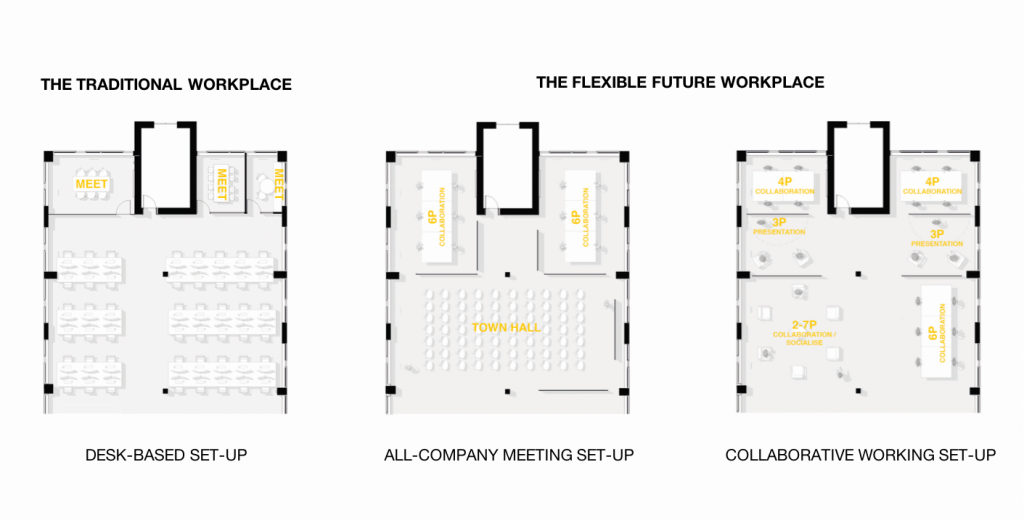
The future workplace: moving away from a desk-based set-up towards a more flexible, collaborative one.
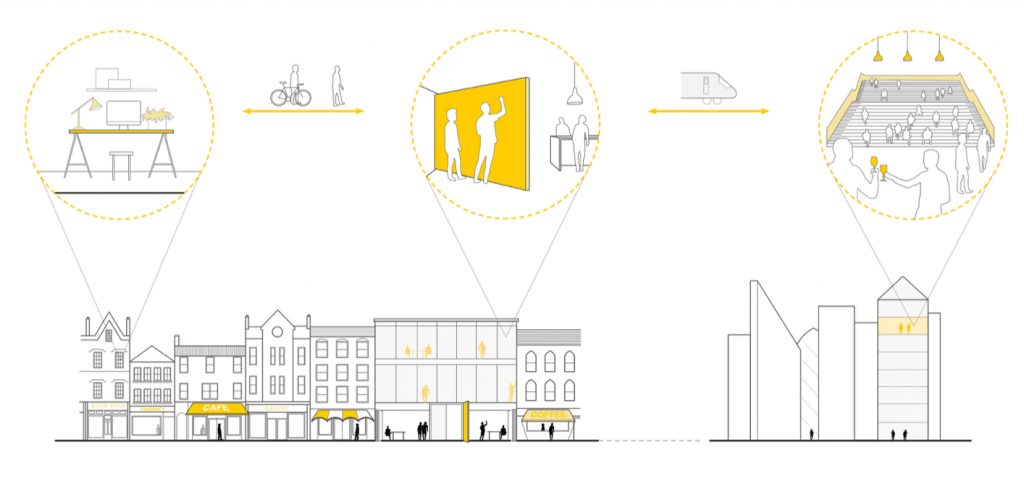
The future landscape of work will encompass a more diverse choice of places to work from – ranging from the home, to the local high-street, to the main company office.
Checking Back In On
John Macomber, a senior lecturer at Harvard Business School and the co-author of Healthy Buildings: How Indoor Spaces Drive Performance and Productivity, recently sat down with Bisnow to discuss building wellness and he predicted that as leases shake out in the coming years, there will be a flight to wellness-enabled buildings that promote occupant productivity.
